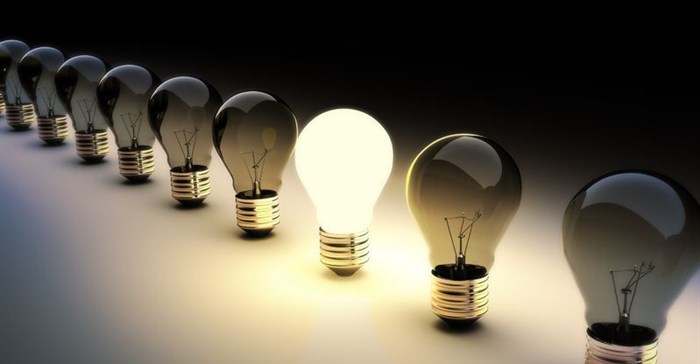With the very real challenge of keeping the lights on, African countries are pursuing diversified energy portfolios to deliver universal access to electricity. Efforts are underway to optimise energy costs and system functionality, support industry and commerce and address environmental concerns.
Energy mixes
Ghana is one such example where action is being taken to advance the country’s existing energy mix. Predominantly powered by hydro and thermal energy sources, the country is also looking for renewable sources such as solar, wind, and biomass power as well as distributed generation and microgrids - to play larger roles in the future. Nuclear is also a long-term consideration.
According to views expressed by the ministry of energy and petroleum at the recent Ghana Energy Summit, broadening the country’s energy portfolio has become more urgent. This comes as the country seeks to sustain economic growth, increase power for export, and accommodate levels of urbanisation expected to grow 72% by 2035.
Abundant energy resources
“Africa has an abundance of energy resources that can be brought online rapidly and cost-effectively. While there is growing interest in renewable energy due to its benefits, a blended and balanced energy system, that also includes traditional energy resources and small-scale systems, will provide adequate power output for major cities and industries, while reaching consumers in remote areas. The balanced energy approach results in greater affordability, access, and a minimised environmental impact,” said Webb Meko, business development director, sub-Saharan Africa, Black & Veatch.
In South Africa, the department of energy’s push to incorporate advances in coal, renewable energy, gas, and nuclear technologies is underway. “Governments are realising that no one technology provides the long-term power solution they need to support economic growth and job skills creation,” added Meko.
In Kenya, the country is continuing geothermal, solar and wind, while also adding off-grid renewable solutions to boost electricity access. Growth of gas-fired power generation and baseload coal plants are also on the horizon.
Systemic and proven approach
African countries still have work to do. Removing investment barriers, embracing new approaches, and clearing other obstacles to broadly plan and implement advanced technologies must occur. Experience shows that a systematic and proven approach to project development goes a long way towards building investor confidence and a means to achieve predictable return on investment.
“Regardless of technology, investors are looking for bankable projects that are well developed and delivered by experienced consultants and engineering and construction providers. Proven project development methods, tighter planning, globally accepted delivery models, and strong project controls give assurance that projects will be completed in a timely and cost competitive manner – and offer solid returns. This assurance is particularly important when owners or investors are dealing with technologies they may be less familiar with,” said Meko.
At the same time, those who deliver projects should be carefully screened and evaluated before and during the tender process. Ensuring the appointment of experts with the best holistic qualifications is crucial, as well as more weighting placed on lifecycle cost selection.
“Making tender award decisions based solely on low pricing can be a trap - leading to projects that are not well-planned, behind schedule, miss on plant performance requirements and end up more expensive in the long run. For investors, asset values can be hampered by poor project development issues and performance.






























